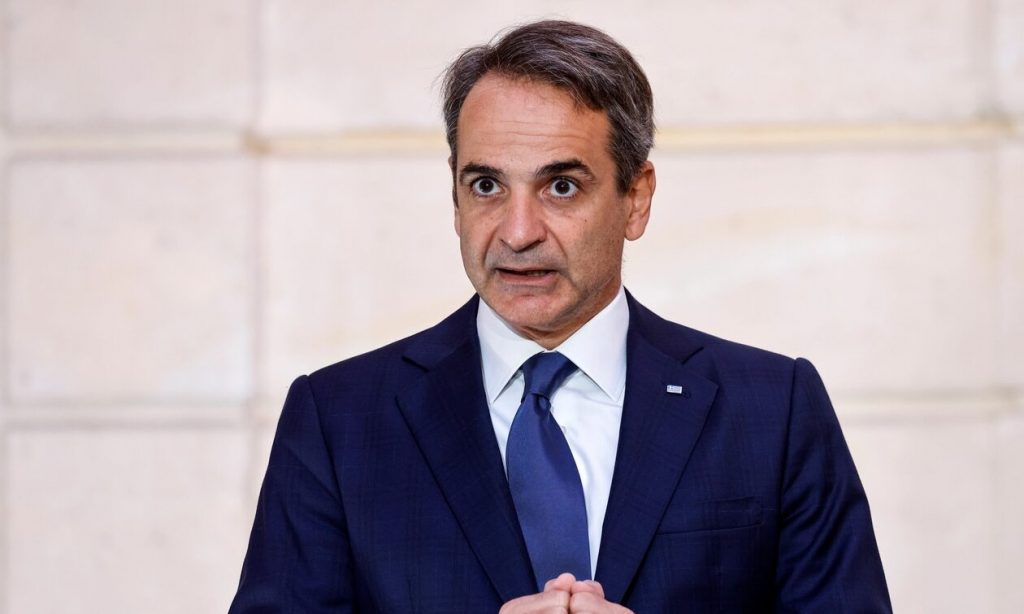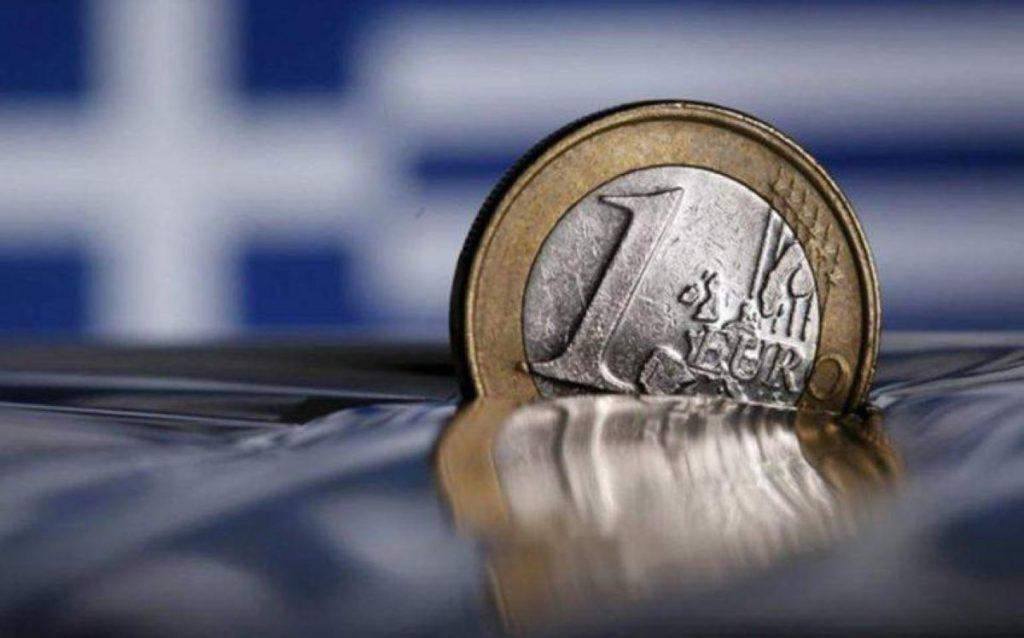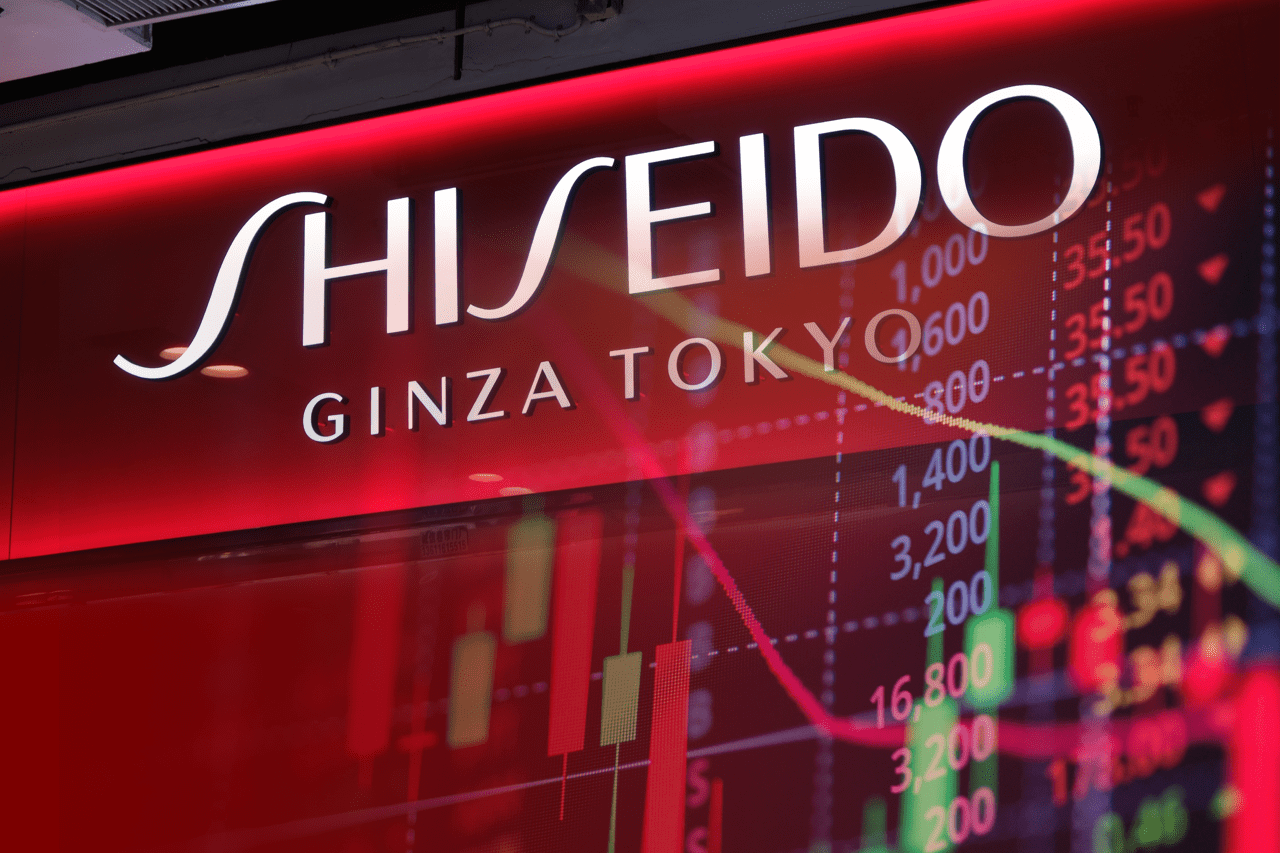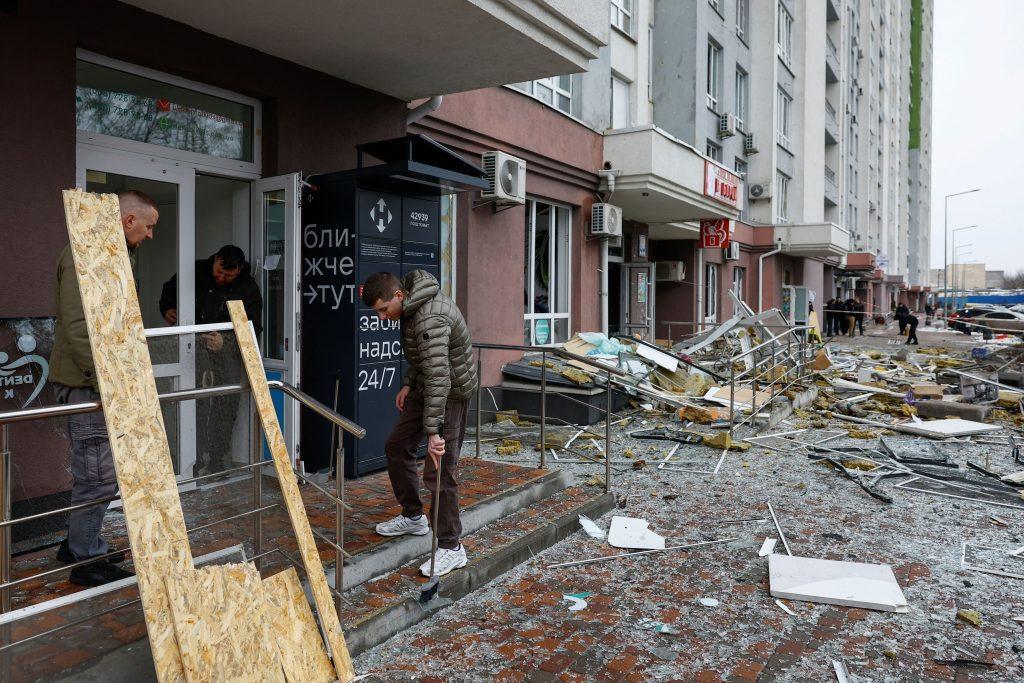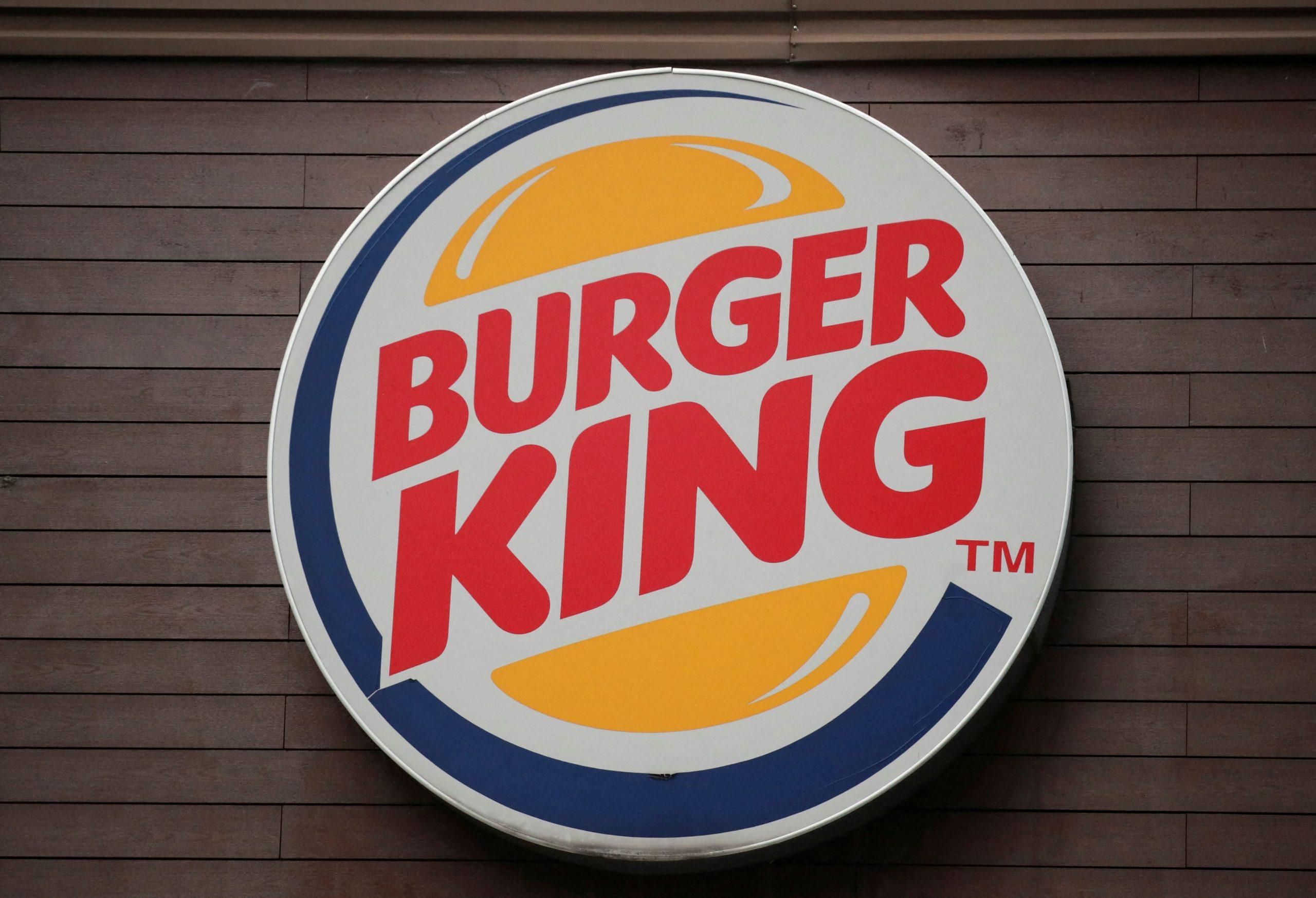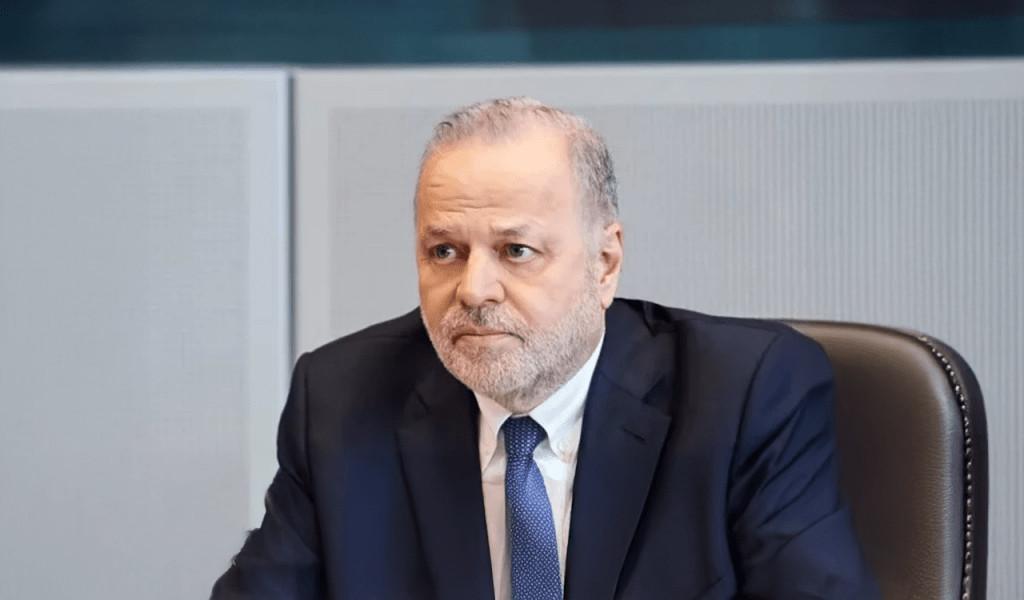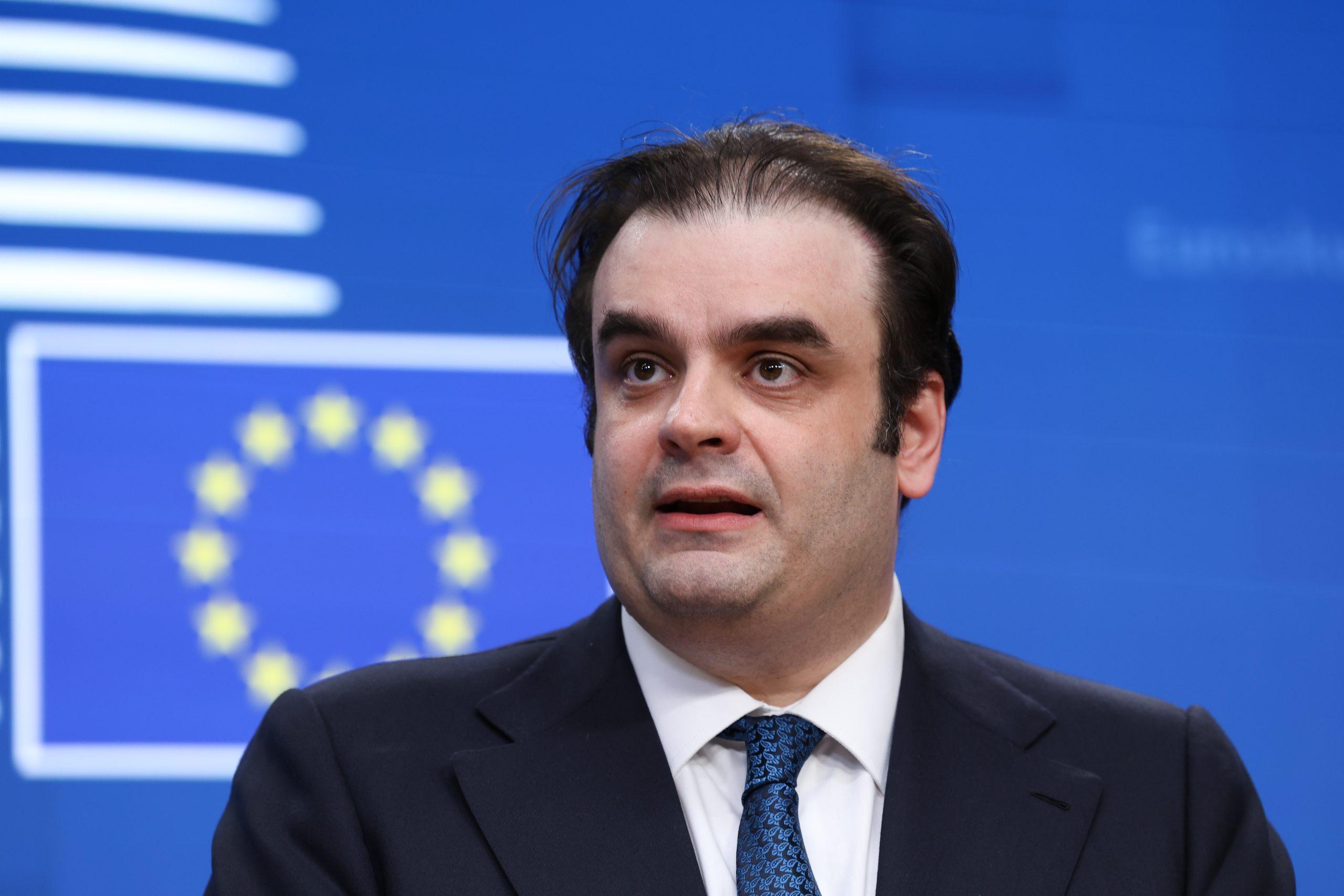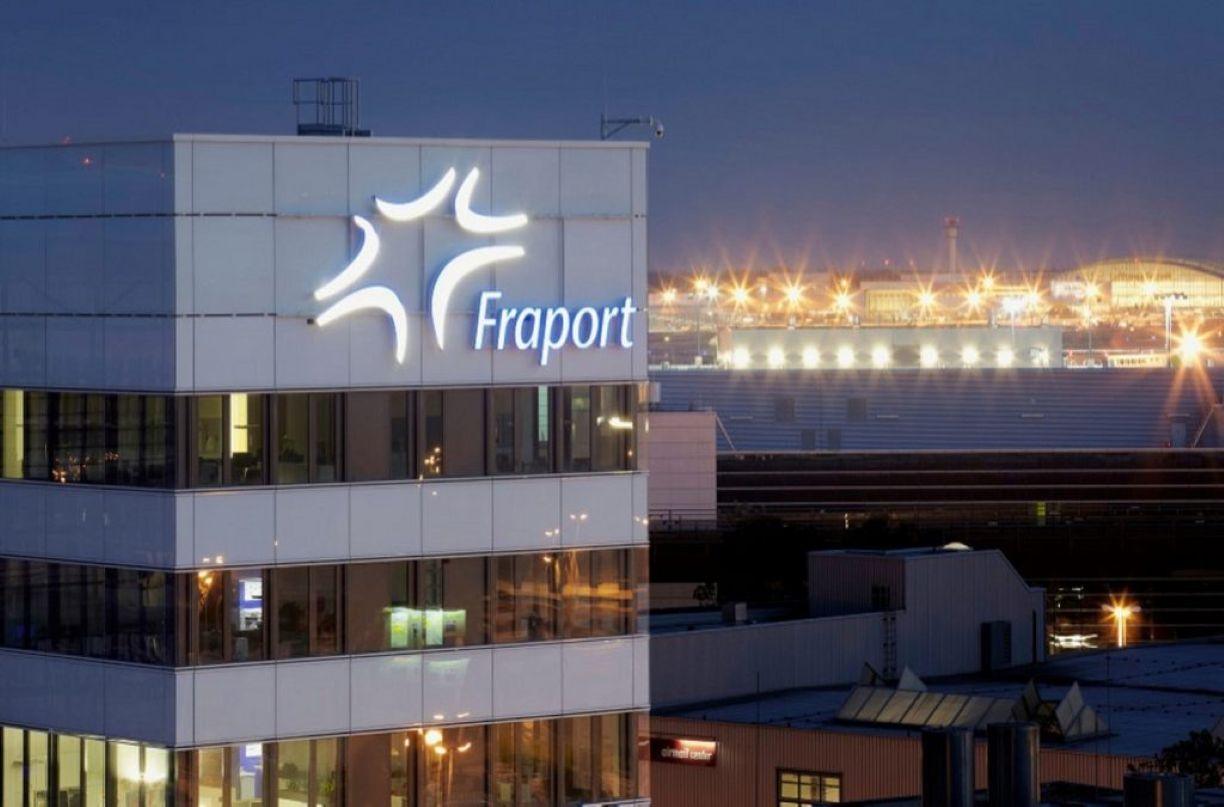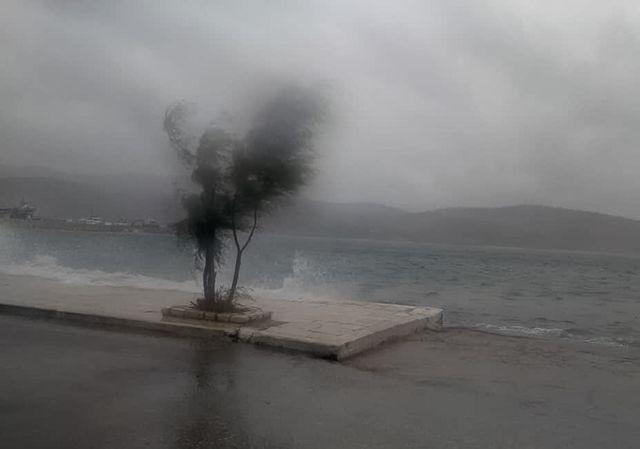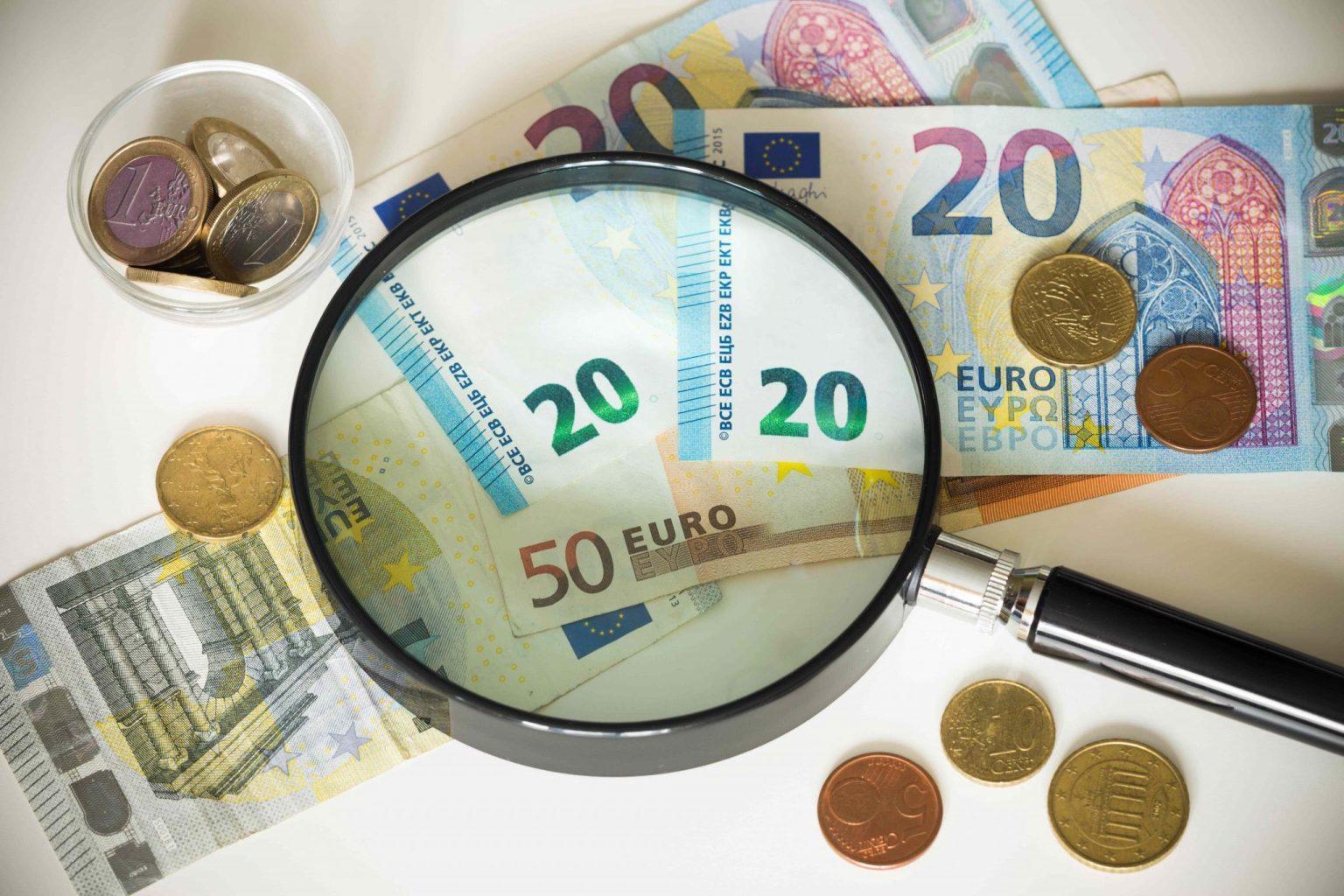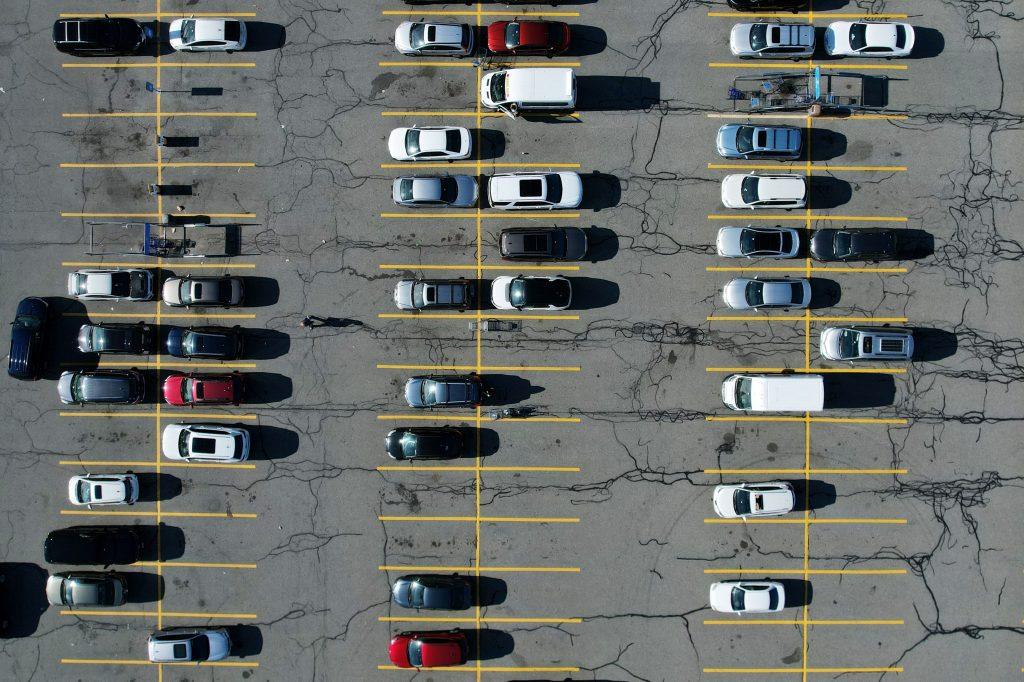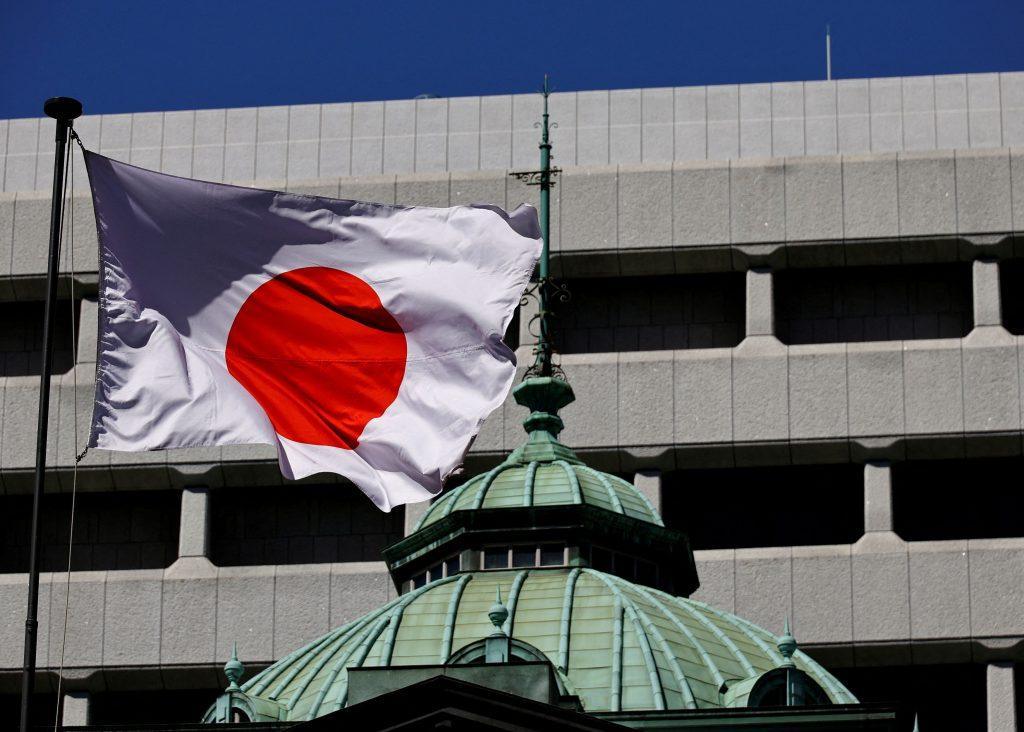Prime Minister Kyriakos Mitsotakis announced that Greece’s minimum wage will increase to 880 euros starting on April 1, 2025.
This marks a 6.02% increase from the previous minimum wage of 830 euros, affecting around 575,000 private sector workers and 600,000 public employees. This is the fifth wage increase since 2019, bringing the cumulative increase over six years to 35.4%.
Mitsotakis stated that the government’s primary goal is to strengthen employees’ purchasing power, emphasizing that the increase will significantly improve the financial well-being of workers “Obviously it does not alleviate all needs as much as we would like,” stated the prime minister. “However, it highlights the steady steps to improve disposable income.”
In his announcement of the wage increase, Mitsotakis also noted, “The new increase in the minimum wage does not satisfy us, we are not where we want to be. However, it certifies that despite the difficulties, we are getting results with this policy.”
A law passed in December ratified the practice of minimum wage being determined by the government, rather than through negotiations between unions and employers, and introduced a specific algorithm to calculate the minimum wage.
The new wage will also impact public employees for the first time, with a corresponding increase of 30 euros for civil servants. The government plans to continue increasing the minimum wage, targeting 950 euros by 2027.
Mitsotakis stressed the importance of fiscal consistency to ensure long-term stability and growth, and focused on on key sectors such as health, education, and defense.
Wage stagnation persists in Greece, and many workers make at or under the minimum wage. In 2024, around 1.1 million workers earned under €1,000 per month, largely due to the limited scope of collective bargaining agreements, which were weakened during Greece’s bailout era. As of early 2025, only 26% of workers are covered by sectoral or collective agreements, despite the European Commission recommending 80% coverage by 2030.
Additionally, though the Greek minimum wage is currently officially 830 euros, when factoring in the high consumer price index, calculations put the real wage at around 693 euros.
Source: Tovima.com
